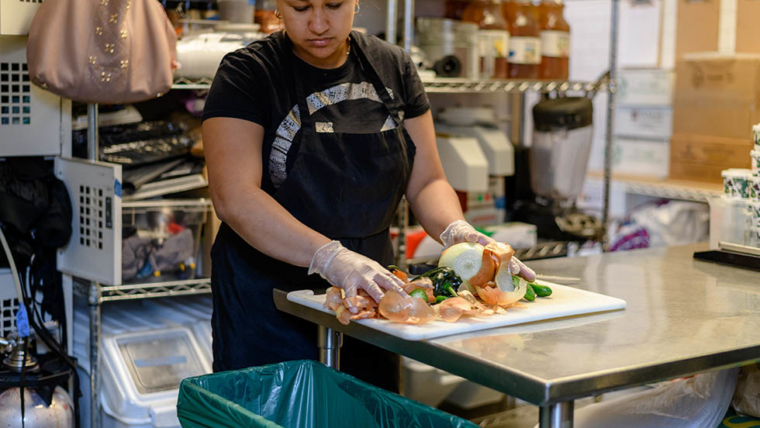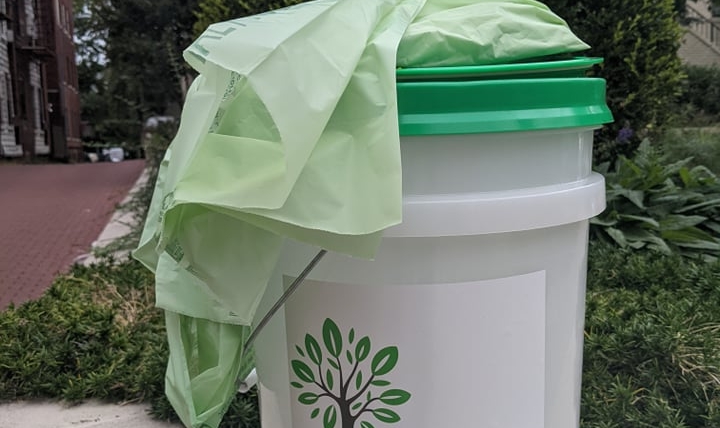Shopping for Compost
Good compost can make a huge difference in the success of your farm, garden or landscaping project. Not all compost is created equal, and choosing the right one depends on a variety of factors. Compost Crew is here to offer you a practical guide to help you buy quality compost!

In general, you can find bagged compost at your local garden centers, nurseries, and hardware stores. You can also purchase directly from companies like Compost Crew. When comparing bags of compost, check for these key indicators by reading the bag, asking staff or visiting the website of the company who made the compost.
It’s important to understand what was used to make the compost. Key ingredients typically include yard trimmings, food scraps, wood chips, and leaves. There are even composts made mostly from biosolids, though this may not be ideal for edible plant/vegetable gardens. Certifications on the bag or their website are what help verify whether the compost has been tested and what project it should be used for.
If you are looking for more versatility in one product, bags labeled as a “soil blend” can provide all-in-one options that work for specific projects. If additions like sand, peat or synthetics are not ideal for yours, purchasing bags of just nutrient-rich compost allows you to mix as you see fit!
It’s also important to know where the compost was made. The closer to you, the better, as this means less cost and emissions to get the compost to you.
Mature compost is fully decomposed which means the compost is pH balanced with nutrients readily available to enhance plant growth. Labels may use terms like “fully composted” or “finished” compost. Unfinished compost can inhibit plant growth, cause uneven nutrient release, or even harbor pathogens.
When you bring it home and open the bag, what should you look for to ensure you’ve bought a high quality compost? First of all, the finished compost should be a bit moist. Think of a wrung out sponge! Second, it should smell earthy, like the forest after a rainfall. Finished compost should never have you asking “what on earth is that smell?”
Lastly, the finished compost should look dark in color with no recognizable food scraps. Some wood chips may be visible with larger sift sizes. This is normal as woodchips take longer to break down and are an ideal food for Fungi. Fungi are an important part of a healthy biodiverse soil.

Choosing the right compost can make a big difference in the health and productivity of your soil—and ultimately, your plants. By understanding what goes into high-quality compost and knowing what to look for when purchasing, you’re setting yourself up for growing success. Whether you’re working in a backyard garden, a commercial farm, or simply sprucing up your landscaping, taking the time to select mature, nutrient-rich compost will pay off in healthier plants and a more sustainable growing process.
At Compost Crew, we’re proud to offer compost you can trust—locally made, lab-tested, and full of life. Visit compostcrew.com/our-compost for details on how to use compost.


